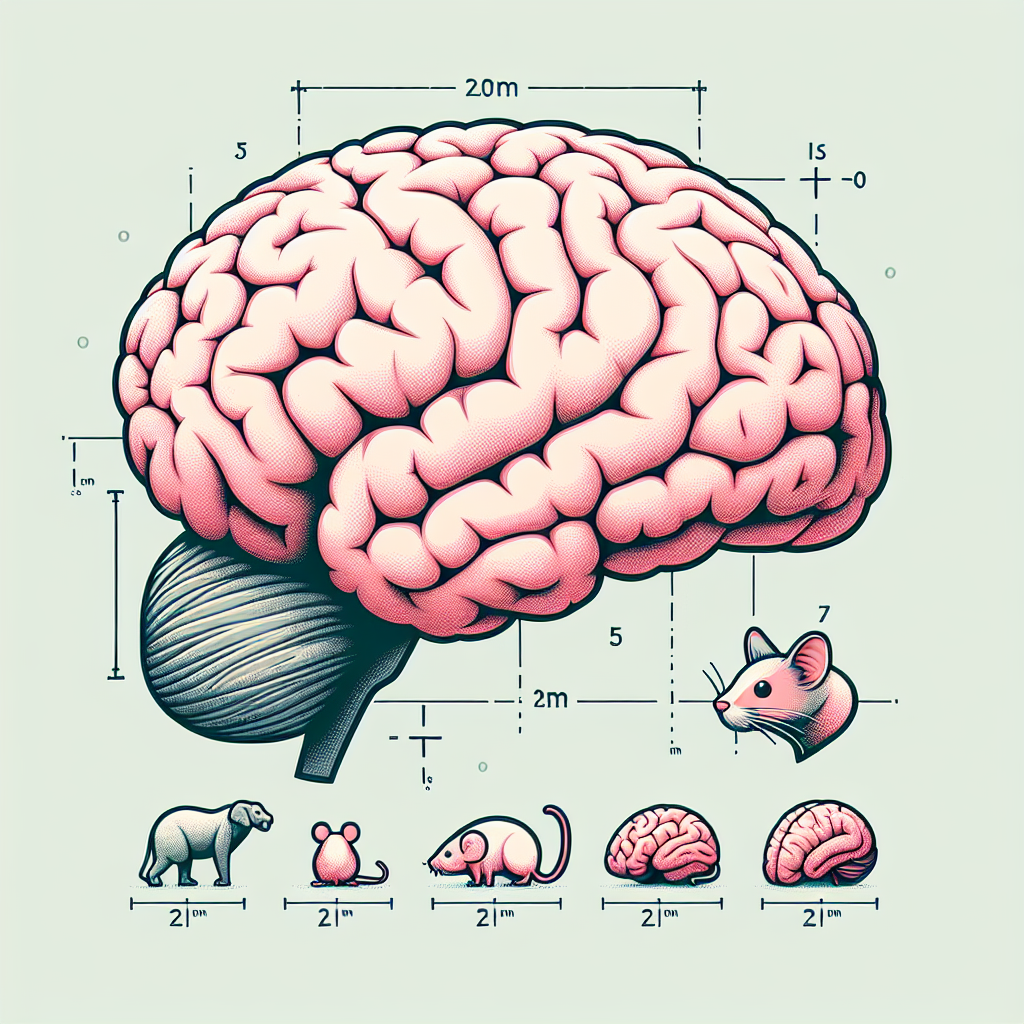Linking Poor Sleep to Accelerated Brain Aging
A recent study reveals that poor sleep quality in early middle age leads to accelerated brain aging. Researchers found that participants with poor sleep habits had significantly older brain ages. Addressing sleep issues early can help preserve brain health and potentially reduce dementia risks.

- Country:
- India
A new study highlights the impact of poor sleep on brain health, revealing accelerated aging in individuals with inferior sleep quality during early middle age. The research involved 589 participants who reported their sleep habits and underwent brain scans over a 15-year period.
The findings demonstrate that participants with poor sleep displayed advanced brain age. Those with the worst sleep habits showed brain aging nearly 2.6 years older than those with better sleep quality. Researchers emphasized the importance of addressing sleep issues to protect brain health and prevent dementia.
Conducted by the University of California San Francisco, the study suggests adopting good sleep practices, such as maintaining consistent sleep schedules, could mitigate these effects. The results underscore the need for further exploration into early sleep interventions for long-term brain health preservation.
(With inputs from agencies.)










